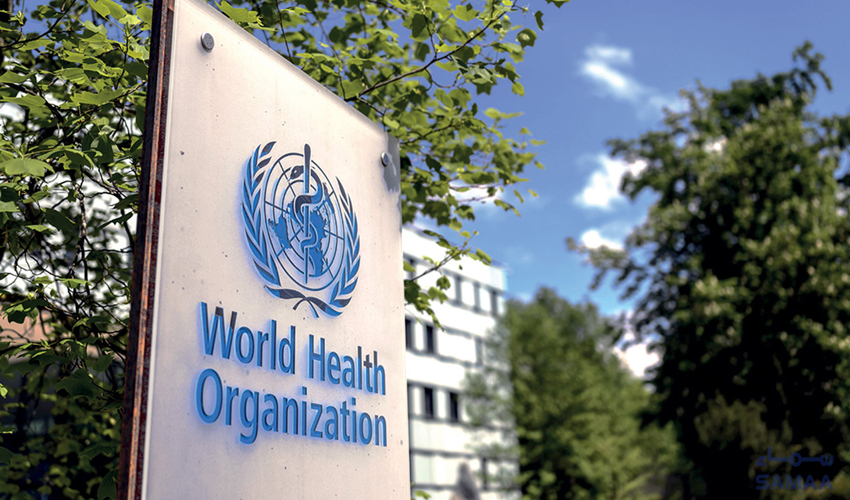The World Health Organization (WHO) has extended travel restrictions on Pakistan for another three months, stressing the persistent threat of a potential polio outbreak in the country.
The decision to prolong these restrictions was based on recommendations from the Emergency Committee on Polio. The ongoing presence of poliovirus in Pakistan, coupled with the joint classification of Pakistan and Afghanistan as global polio threats, prompted this extension.
During the 37th meeting of the Emergency Committee under the International Health Regulations (2005) on poliovirus spread, discussions focused on pertinent updates from several countries, including Pakistan. Concerns arose as Pakistan reported four new cases of wild poliovirus (WPV1) in 2023, totaling six cases. Notably, there was a substantial rise in environmental detections, with 82 positive samples identified in 2023, including 60 between September and November.
The emergence of new transmission areas in Balochistan's Quetta Block, Karachi in Sindh, and regions in Islamabad, Rawalpindi, and Peshawar in Khyber Pakhtunkhwa province highlighted the challenges. Despite vaccination efforts in southern KP resulting in 160,000 more vaccinated children, obstacles persisted. Political instability, insecurity in certain areas necessitating police escorts for frontline workers, and vaccination refusals in exchange for alternative services posed significant hurdles to the polio action plan in Pakistan.
The Committee unanimously reaffirmed the international risk of poliovirus spread as a Public Health Emergency of International Concern (PHEIC), advocating for an additional three-month extension of Temporary Recommendations for tourists visiting Pakistan.
It cautioned against the ongoing transmission in eastern Afghanistan, potentially crossing borders into Pakistan, and the presence of unvaccinated children in southern Afghanistan, posing risks of WPV1 re-introduction in the region.
In line with WHO's International Travel and Health guidance, individuals traveling to polio-affected areas are advised to be fully vaccinated. Residents and visitors from affected regions staying for over four weeks should receive an additional dose of oral polio vaccine (OPV) or inactivated polio vaccine (IPV) within 4 weeks to 12 months before travel.
This extension underscores the continued efforts and challenges faced in combating the threat of polio in Pakistan and the adjoining regions.



























